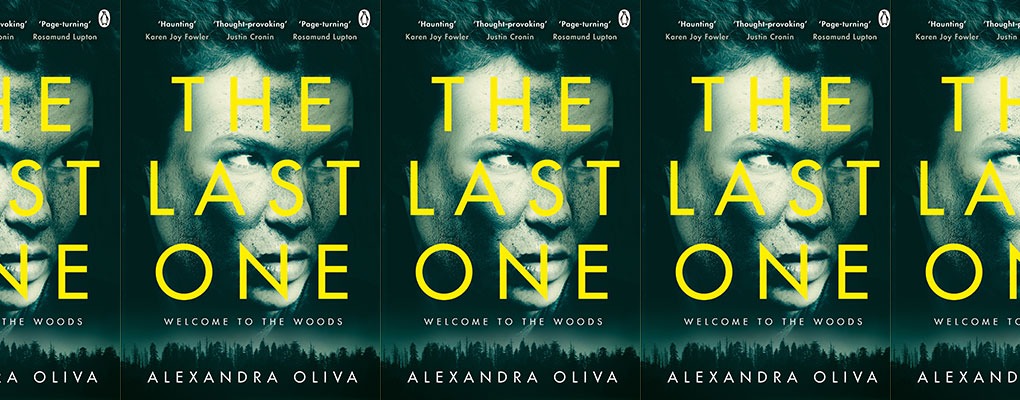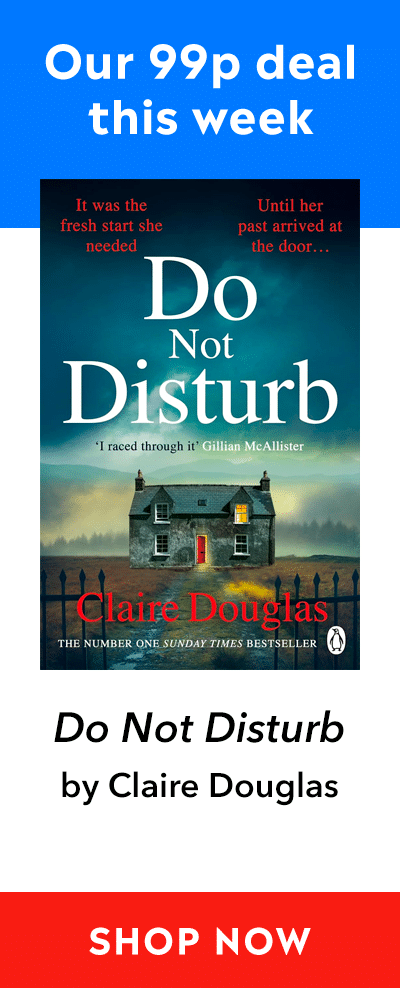Books
Alexandra Oliva: the fear of uncertainty
There are few things that trouble me more than the silence of uncertainty. That pause—whether it lasts for seconds, minutes, or days—in which you don’t know whether or not everything is going to be okay. Whether it’s confiding a shameful secret, waiting for a loved one who’s driving home late in inclement weather, making a risky career move, or any of thousands of other situations, my thoughts tend to spiral into worst-case scenarios: rejection, accidents, illness, death. I tell myself that my imagined outcomes are highly unlikely and to stop being ridiculous. I find ways to laugh at myself, and it helps, but only so much. Even when I distract myself with other things—TV, hikes, reading, Facebook, gin—a certain level of anxiety drifts at the base of my consciousness until I know the truth.
This is one of the reasons I write fiction. Fiction is an outlet for my worst-case-scenario thinking—a safe place to explore dark and worrying thoughts, to take my fears and make a game out of them. A mild example: I’m not especially maternal; I grew up playing with action figures, not dolls, and while I’ve never had anything against the idea of having children, it wasn’t at the top of my list as I entered adulthood. By the time I started writing The Last One, I knew I probably wanted kids someday—just not anytime soon. I’d seen people who could juggle raising a family with writing, and people who couldn’t—at least not for the first few years. I suspected I might belong to the latter group and feared that having a child before getting published would amount to setting aside my dreams, surrendering my core identity—that of “Writer”—and confining myself fully to “Mom” instead. In The Last One, I take this fear, twist it, give it to my main character, and then amp it up tenfold: she’s not just worried about timing, she’s convinced she’s incapable of raising a child and doesn’t want one at all—and her husband doesn’t know it.
This fear is the root of Zoo’s decision to go on a wilderness survival reality TV show. And when the show’s cast and crew are struck down by a cataclysmic illness, this is just the most literal and extreme way to explore a fear I suspect many of us share: the fear of life-shattering change. Only here, it’s not just the character’s world—her life, her family—that’s falling apart, but the world as a whole.
Essentially, the setup of The Last One traps Zoo in an extreme version of that place I find so troubling: the pause in which you don’t know if everything is going to be okay. Uncertainty can be painful and terrifying, but sometimes the answer is even worse than the question. Zoo has two choices: she can either find every reason to believe the horrors around her are part of an increasingly twisted reality show, or she can accept the possibility that civilization really has fallen and everyone she loves is probably dead.
Which would you prefer to believe?



Please note: Moderation is enabled and may delay your comment being posted. There is no need to resubmit your comment. By posting a comment you are agreeing to the website Terms of Use.